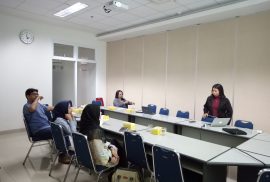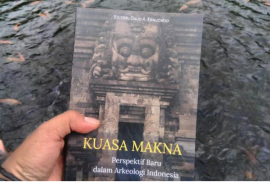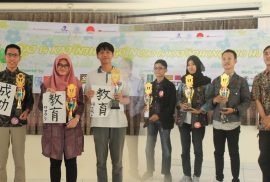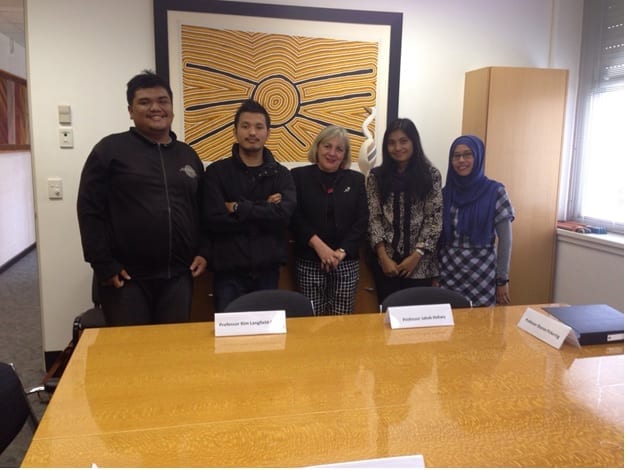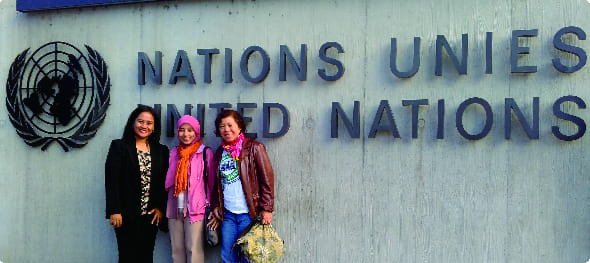In 2018, calls to transform UGM’s Diploma-3 programs into Diploma-4 surfaced. Balairung, as one of UGM’s student press, took part in discussing the idea. This change is a part of UGM’s efforts to raise UGM’s rankings beside other World Class Universities, and to fulfill the working world’s needs for Diploma-4 graduates.
Responding to the phenomenon, Prodi S1 Pariwisata UGM, represented by 4 lecturers, held a sharing session on Tuesday, June 24 2019 with lecturer from Griffith University’s Tourism major, Dr. Maria Dharmesti.
As a program that also exists in SV UGM, the S1 Pariwisata program seeks to map and further define the curriculum of the D4 and S1 program to avoid overlap between the curriculums. The discussion went on for 2 hours at Soegondo room no. 611 engagingly. Digging deep into the two programs, it was found that the two programs have already mutually accomodated each other, with both footed on academic and scientific methods, connected with the realities existing in society, mutually benefitting and developing.
The discussion ended with a conclusion that the D4 program should focus on technical roles, and the S1 program will focus on analytical and managerial roles, and that both could take on strategic challenges anywhere alumnae works. The discussion also hopes that the working world could differentiate the competencies and focus which educational institutions had formulated, avoiding mismatch.

